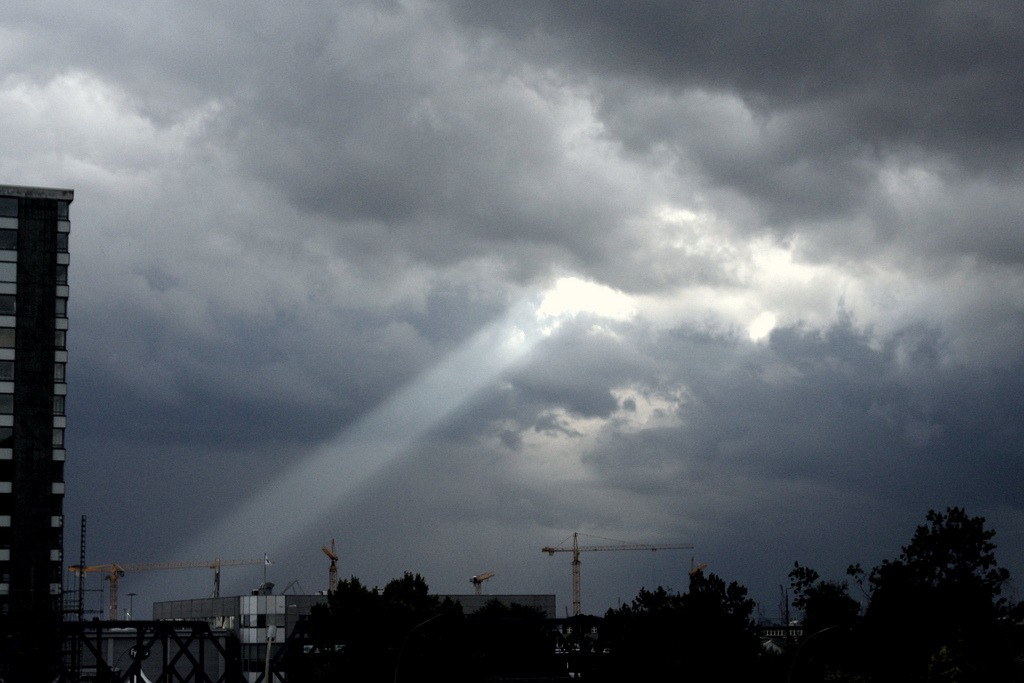The right to speak locally and globally, the right of expression and creativity and the right to form community are rights intrinsic to our humanity.
The Internet, by the very nature of its technical architecture, allows individuals and groups of individuals to speak directly to each other and to the world at large without the requirement or necessity of content intermediaries. The freedom enabled by the Internet to express one’s own ideas, one’s opinion of another’s idea, to advocate or to disassociate with the collective views of other speakers, to associate locally and globally, and to allow for human creativity and innovation is unprecedented in history.
As our colleague Raúl Echeberría wrote last week, this precious Internet freedom is, however, volatile around the world. There, Raúl expressed the Internet Society’s support for our Yemen chapter in asking the Yemeni authorities to restore full and open Internet access for all the people of Yemen. Not only in Yemen, today torn by internal strife, but across the globe, the threat to free expression is growing at an alarming rate . We are witnessing, in far too many places, government intervention on the Internet resulting in pervasive surveillance of users, restrictions to access, outright prohibitions on speech, active censorship, and even the threat of imprisonment for publication of content. The threat to human rights is deeply worrying.
Last week, two bright rays of light broke through this gloomy scene. The Supreme Court of India struck down, in its entirety, a pernicious law that took direct aim at the heart of Internet freedom. Section s.66A of India’s Information Technology Act of 2000 made it a crime for people to send messages or post information on the Internet that could be construed as “grossly offensive,” “menacing,” or known to be “false” and meant to cause “annoyance”, “inconvenience” or “injury” (for example). Those convicted of violating the law could be fined and imprisoned for up to three years. In finding this section of the law in violation of Indian citizens’ constitutional right to freedom of speech and expression, the Court provided a comprehensive analysis of Indian law upholding an individual’s right to free expression as against the state’s role to “promote the general public interest”. It also referred to, with some elegance, the US Supreme Court Justice Jackson’s statement in American Communications Association v Douds 94 L. Ed.925, namely, that “Thought control is a copyright of totalitarianism, and we have no claim to it.”. While, as others have commented, there is still much work to do, we commend the many civil society organizations in India that filed cases in the past few years challenging the harmful provisions of Section s.66A.
And, late last week, as our colleague Nicolas Seidler noted here , the UN Human Rights Council decided to establish a new UN Special Rapporteur on “The Right of Privacy in the Digital Age”. It is noteworthy that, in creating this new mandate, the Council recognized that the “exercise of the right to privacy is important for the realization of the right to freedom of expression and to hold opinions without interference and the right to freedom of peaceful assembly and association, and is one of the foundations of a democratic society.” The mandate of the Special Rapporteur will include special consideration of issues related to new technologies, including surveillance and consideration of metadata as potential personal information. This mandate will also raise global political awareness about the need to protect the right to privacy in the digital age.
What is particularly important about these developments is an emerging recognition that the denial by governments of users’ Internet freedom cannot be justified by vague and unspecified claims of national security and by unsubstantiated use of the states’ police power for the purported safety of the people of the state.
Indeed, the Internet Society has consistently urged that the right to free speech and expression must exist side by side with the need for security on the Internet.
And we have urged that Internet security can only be achieved through what we call “collaborative security” . Top down, onerous government restrictions on freedom of expression thwart the human spirit; they do not protect it.
As a global organization comprised of 90 staff, 71,000 members, 133 organizations and 108 Chapters active in 92 countries from Australia to Zimbabwe, the Internet Society is committed to an Internet that is open and available to all. The ability to connect, communicate and collaborate is an unchanging, “invariant” inherent in the Internet. The right to speak locally and globally, the right of expression and creativity and the right to form community are rights intrinsic to our humanity.
The Internet Society is embedded in the fabric of organizations and networks that constitute the Internet technical community. We advocate for the right of users to protect and secure their own data, for ethical data protection by all, and for a collaborative approach to security. And, underpinning these technical and policy recommendations is our fundamental belief that human rights online are the same as human rights offline.
We applaud the decision of the Supreme Court of India and the resolution of the Human Rights Council. We urge other governments to speak with authority on behalf of Internet rights. And we urge users, providers and commercial interests around the world to do the same. The Internet is a network of networks – we all have a collective responsibility for its future.
Image credit: Stefan Le Breton on Flickr.

